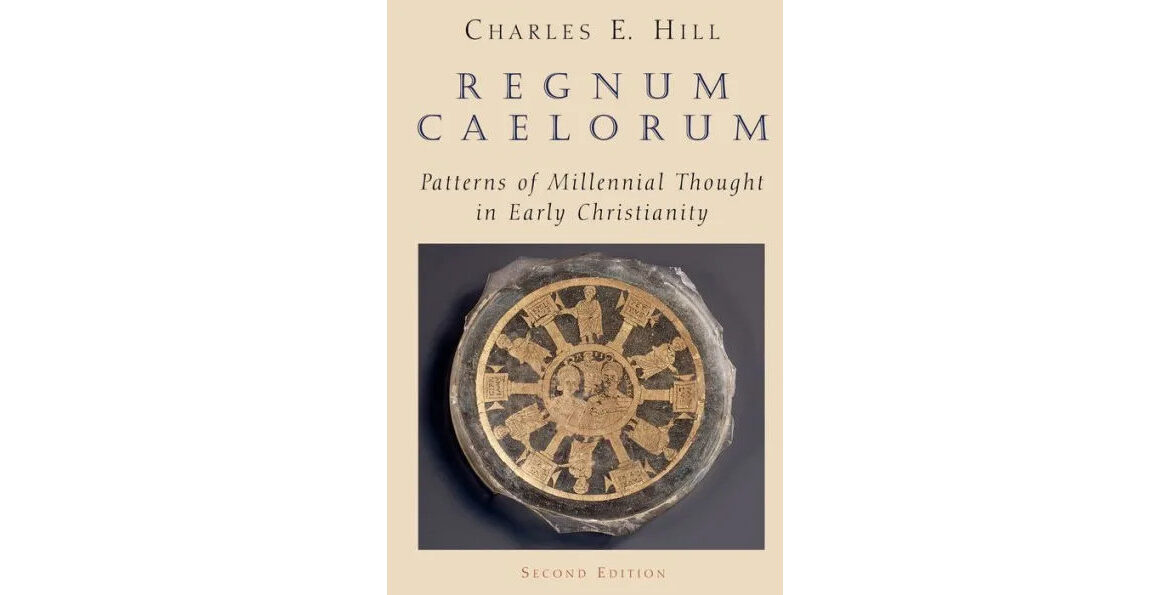An impressive survey of beliefs from the early Church. Hill’s primary thrust in this publication of his dissertation is that the chiliasm of the early Church was inextricably intertwined with a view of the intermediate state in which the saints were not permitted entrance to heaven/Christ’s presence until after Christ’s return/the resurrection while the non-chiliastic view (amillennialism) understood the saints as gaining entrance to God’s presence immediately upon death. With this eschatological pattern in mind, he then is able to ascertain many early writers’ view of the millennium on the basis of their view of the intermediate state (since many left no record of their millennial view).
Hill also discusses the (more or less) explicit eschatological views of several writers/groups and shows that the scholarship up to the time of writing had sometimes attributed views to writers that the evidence did not support. In particular, the Montanists, often decried as a large reason the early Church abandoned chiliasm, never embraced the chiliast view according to Hill’s examination. The claims that sees them as premillennialists are either simple unsupported altogether or misread the available evidence.
Hill’s arguments are well reasoned and his examinations are thorough. The sheer number of citations (whether simply references or often interactions) with other scholars shows that Hill’s research is substantial.
He writes as a scholar for scholars and thus he sometimes does not interact with Scripture as ultimately authoritative. This is not to say he does not view it as such! But for someone used to seeing appeals to Scripture made with a certain deference given to the divine authorship, Hill’s occasional approach that could be seen as allowing a wedge between the human authors’ meanings can be jarring. Similarly, when Hill takes his opposing patterns of eschatological thought and asks which pattern the Scriptural authors fit, he can appear as allowing human interpretations/understandings to override the uniqueness of the divine revelation; I do not believe this is his intent, but let the reader be aware.
Overall, this is an excellent book! Hill shows that the amillennial position enjoyed widespread and early support within the early Church, tracing its roots all the way back to the Apostle John (and possibly others men found found in Scripture). He does not state it but the evidence he presents could be seen as showing premillennialism as the minority (though substantial at times) position. Well worth a read!
Book Review – Regnum Caelorum: Patterns of Millennial Thought in Early Christianity by Charles E. Hill
